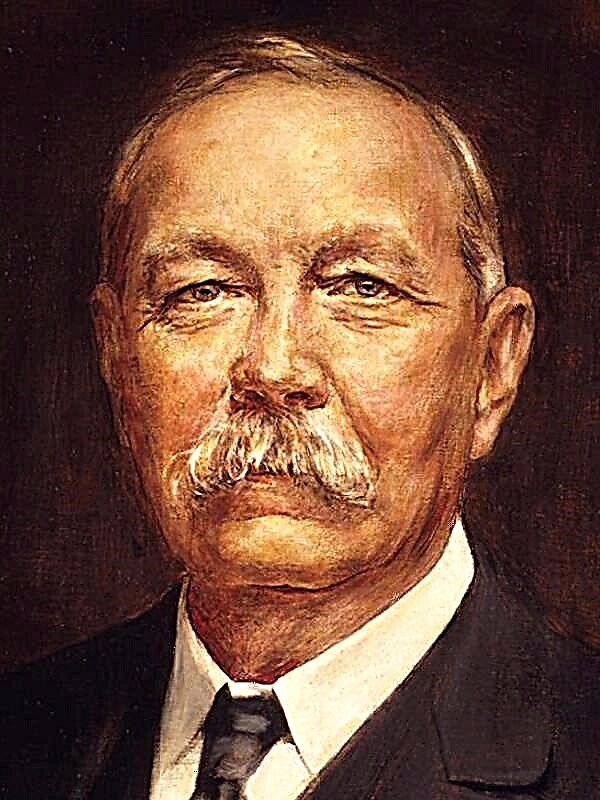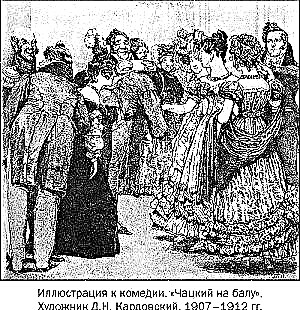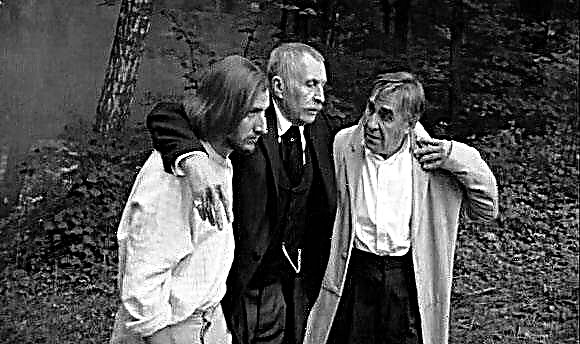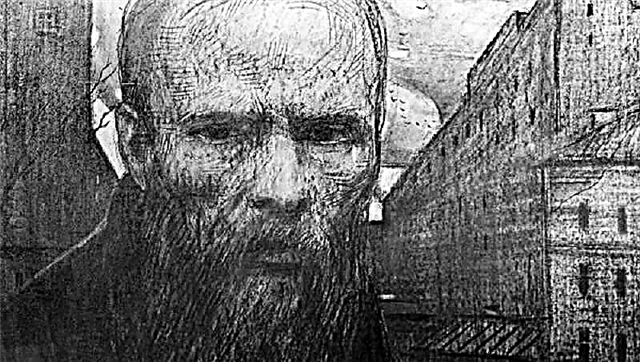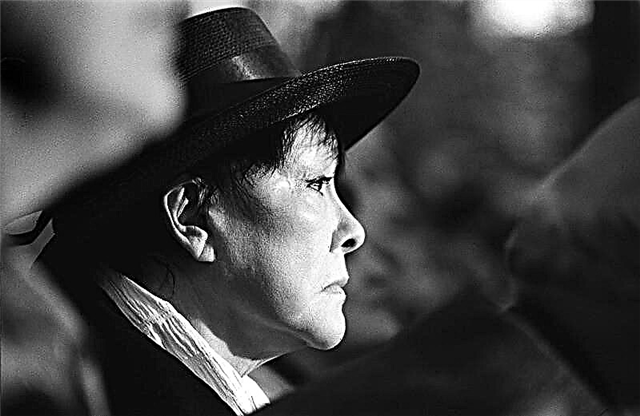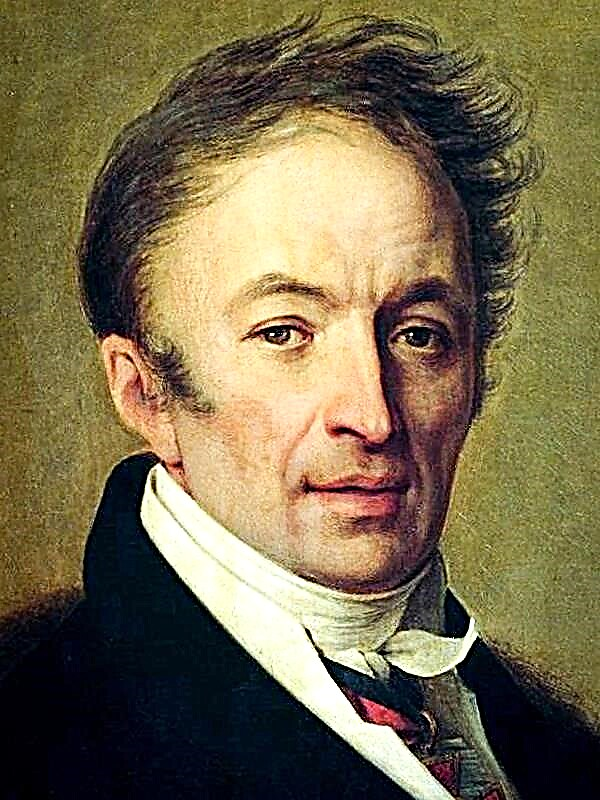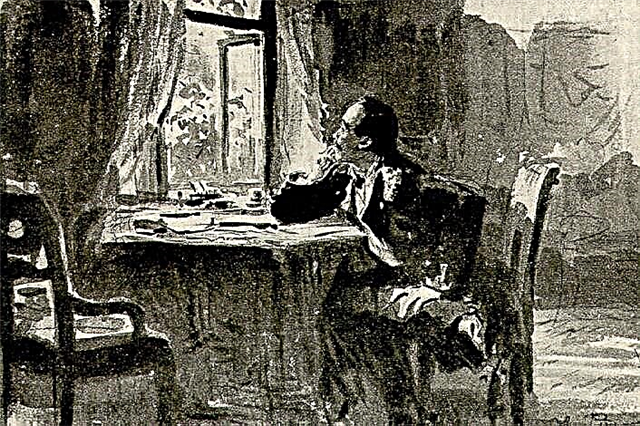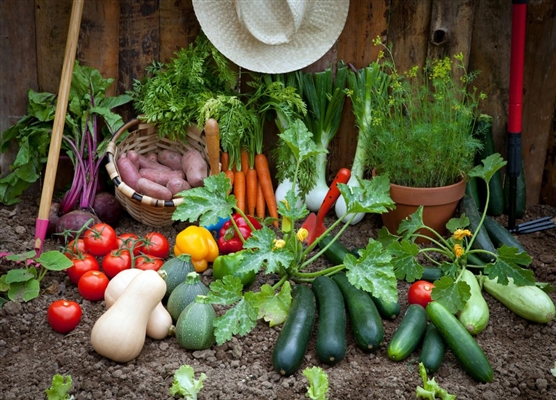Literature - transforming art, knowing it, you can see this world in a new way. Having become acquainted with foreign literature, you can learn a lot about the people who created it from time immemorial. The history, mentality, landscapes, traditions and customs of the country are all reflected in the books. So, to get to know Armenia, it is enough to get acquainted with its rich verbal creativity.
The history of development
Armenian literature is one of the oldest in the world. It appeared in the middle of the V century after the creation of the Armenian alphabet in 405. The “Golden Age" of national verbal creativity is considered to be the 5th century AD, but it is proved that even before the creation of writing, folklore developed. This is mythology, epic songs, ancient Armenian legends. Also, written literature existed even before the creation of letters, in the II century BC. e. Ancient Armenian writers created works in Greek, Persian and Syriac.
As an example, one can read an excerpt from Armenian mythology: “The Legend of the Birth of Vahagn” (an analogue of Hercules).
Over time, Armenian literature acquired its own specific, distinctive features, becoming closer and closer to the folk epos. Armenian poetry is very melodic, due to the love of the people for music. Poets in Armenia were called singers, because each poem, like a song, has a unique sound, its own musicality and its own pace.
For example, the love lyrics of Stepann Taronezi are very revealing.
Translators and popularizers
Russian literature, sensitive to a variety of cultures, came into contact with Armenian, appreciating the aroma of antiquity, and the taste of modernity, and eternal youth.
- V. Ya. Bryusov. The importance of Valery Yakovlevich for vast and great Russia is immeasurable, but for one small country with a long history, the Russian poet became a hope, inspiration, anchor of salvation and a lighthouse in the most difficult years. For 3 months, Valery Yakovlevich and his wife, Joanna Matveevna, learned the Armenian language, studied history, traditions and customs with all the flavor of this ancient country. He translated into Russian the lyric works of more than 40 Armenian poets, composed and edited the anthology “Poetry of Armenia”, which contains 15 centuries of Armenian poetry. The Russian poet became a critic of Armenian literature, the author of a series of poems about Armenia, a researcher of foreign history, it was he who was awarded the honorary title of the national poet of Armenia. Valery Bryusov himself spoke of this stage of his work as follows: “In the study of Armenia, I found an inexhaustible source of higher, spiritual joys”
- Osip Mandelstam. Osip Mandelstam became a sincere enthusiast and propagandist of Armenian poetry. In the March issue of “New World” magazine in 1931 he published the cycle “Armenia”. He intensively communicated with Armenian poets and treasured their friendship.
- "Anush" Akhmatova. Another great Russian poet (she did not like when she was called a poetess) Anna Akhmatova became infected with the love of the Mandelstam spouses for Armenia. Nadezhda Mandelstam wrote in her memoirs: “We returned from Armenia and, first of all, renamed our girlfriend. A new name has grown to her, until the very last days I called her that new name, so she signed in letters - Anush. " Anush is an Armenian name that translates as “dear, desired”. Already in 1931, Akhmatova wrote “Imitation of the Armenian” - perhaps the only case when she directly turns to a foreign language text to talk about her grief and grief of millions of mothers whose children were repressed. 19th century Armenian national poet Hovhannes Tumanyan wrote: “In a dream, a sheep came to me with the question:“ God save your child, was my lamb tasty? ” Akhmatova, pushing herself from these lines, created her poem.
Key representatives
- Hovhannes Tumanyan - Armenian national poet and writer of the late 19th - early 20th centuries, who wrote works that became masterpieces of Armenian literature. He also enriched his compatriots with excellent translations of Western European poets: Pushkin, Lermontov, Koltsov, Nekrasov, Goethe, Schiller, Byron, Heine. In Armenia, Tumanyan is compared to Alexander Pushkin, and the point here is not at all the similarity of a syllable or speech. The significance of Hovhannes Tadevosovich for national culture is comparable with the role of Alexander Sergeyevich for Russian readers. Tumanyan kept in touch with Russian poets.
- Yeghishe Charents - Armenian poet, prose writer of the 20th century and translator. A classic of Armenian literature. During his life, readers idolized him, and writers recognized his genius. Avetik Isahakyan once declared that he would give all his verses for one poem of Charents. However, the fate of the poet was tragic, like any genius. The universal recognition of Charents and his closeness to the people, his struggle for the freedom of Armenia could not fail to notice the power. So, having reached the age of 40, he dies in a prison hospital.
- Avetik Isahakyan - Armenian Soviet poet, prose writer, publicist of the 20th century. "Singer of national grief" - this is what his contemporaries called him, the master of love lyrics. After living 82 years, Avetik Isahakyan was awarded two orders and medals of Lenin, as well as the Stalin Prize of the first degree for patriotic poems during the Great Patriotic War.
Avetik Isahakyan is a first-class Armenian poet. Maybe such fresh and direct talent cannot be found all over Europe now - Alexander Blok (1916) spoke of him.
Sample verses
You can get acquainted with the work of the listed Armenian poets and many others thanks to the translations of Russian writers.
- Hovhannes Tumanyan, “Maro”;
- Yeghishe Charents, Love Lyrics;
- Vahan Teryan, «The wind is under my feet«
We see how completely two different cultures, in contact with each other, create a new, brilliant, colorful creativity. This literary dialogue between the West and the East, of course, helped in the rapprochement of the countries.

